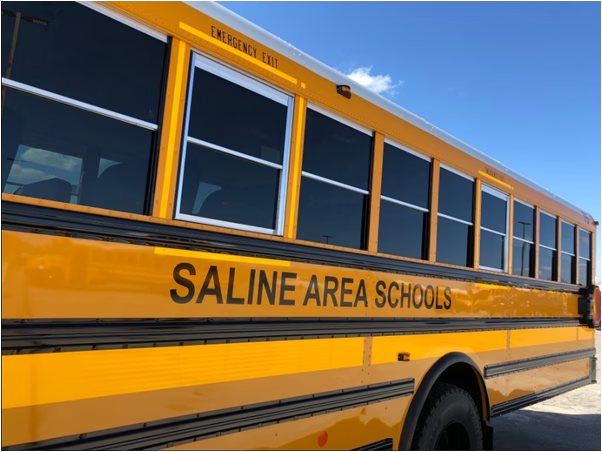After conquering Everest eight times, Tasi Sherpa found a new peak to climb—building a peaceful life and sharing his culinary heritage at Base Camp Restaurant in Ann Arbor.
From the towering peaks of Everest to the bustling streets of Ann Arbor, Tasi Sherpa’s journey is a climb of a different kind—this time, toward a new life built on resilience, family, and the rich flavors of home.
“I spent my life climbing mountains, but starting over in Ann Arbor was a different kind of challenge,” Tasi said through his interpreter.
For years, Tasi Sherpa defied gravity, scaling the world’s highest peaks, guiding climbers through the thin air of Mount Everest. Today, he moves through a different kind of mountain range—stacked plates and steaming pots in the bustling kitchen of Base Camp Himalayan Restaurant in Ann Arbor.
Tasi, now 47, has summited Everest eight times, including a final expedition in 2015, when a devastating earthquake triggered an avalanche at Base Camp, killing at least 22 people. That moment changed his life. A few months later, he left the mountain behind and came to the United States—first to climb Denali, then to stay for good.
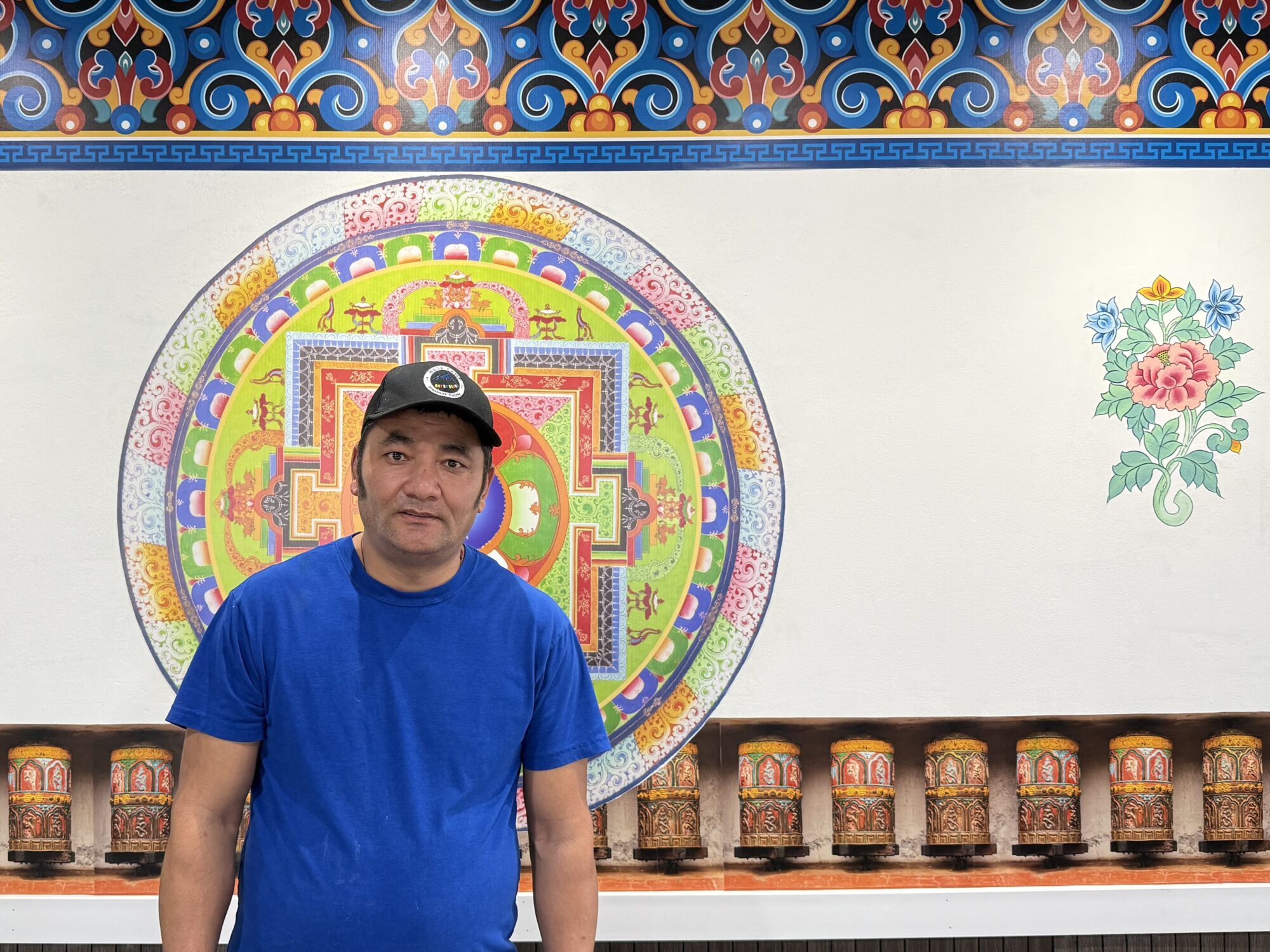
A Childhood in the Clouds
Born in a remote Nepalese village high in the Himalayas, Tasi grew up among yaks and shifting pastures. His family raised livestock, moving their animals up and down the mountains with the seasons. The village had no roads, no electricity, and no television—just a simple way of life where survival depended on nature’s rhythm.
His family were shepherds in the high Himalayas. They nomadically moved their herd and flock around from pasture to pasture in the summer months, producing dairy products for the markets below.
At a young age, Tasi entered a Buddhist monastery, where he spent six years studying Buddhist philosophy, meditation, and scripture. “It was not like a school with math and science,” he said. “We learned a spiritual approach to life.”
But even a monk’s life could not keep him from the mountains. When a foreign climbing team passed through his village, he took a job as kitchen help, carrying supplies and cooking meals on the trek. His strength caught the eye of a Korean climber, who invited him to join an Everest expedition the next year. That was his break into high-altitude mountaineering.
The Perils of Everest
Tasi climbed Everest seven times, plus one summit of the South Peak, enduring brutal conditions, long days of climbing, and the ever-present danger of ice falls and avalanches. ” It is dangerous, but for some Sherpas, it is a way to find good pay,” he explains.
“I was there when the earthquake struck Everest,” says Tasi.
The 2015 Nepal earthquake had a catastrophic impact on Mount Everest and the climbing community. When the earthquake struck on April 25, the shaking triggered a massive avalanche from Pumori, a peak just west of Everest. This avalanche swept through Everest Base Camp, where climbers and Sherpa guides were preparing for summit attempts during the busy spring season. At least 22 people were killed, making it the deadliest single day on Everest in recorded history.
Critical climbing routes, including the Khumbu Icefall route, were destroyed. Hundreds of climbers were stranded at various camps on the mountain until rescue helicopters could reach them. The disaster raised significant questions about the safety of climbing Everest, especially for Sherpa guides, who already faced disproportionate risks. Many Sherpas, including elite climbers like Tasi Sherpa, reevaluated their futures in high-altitude mountaineering, with some leaving the profession altogether due to the traumatic impact of the disaster and growing concerns over safety.
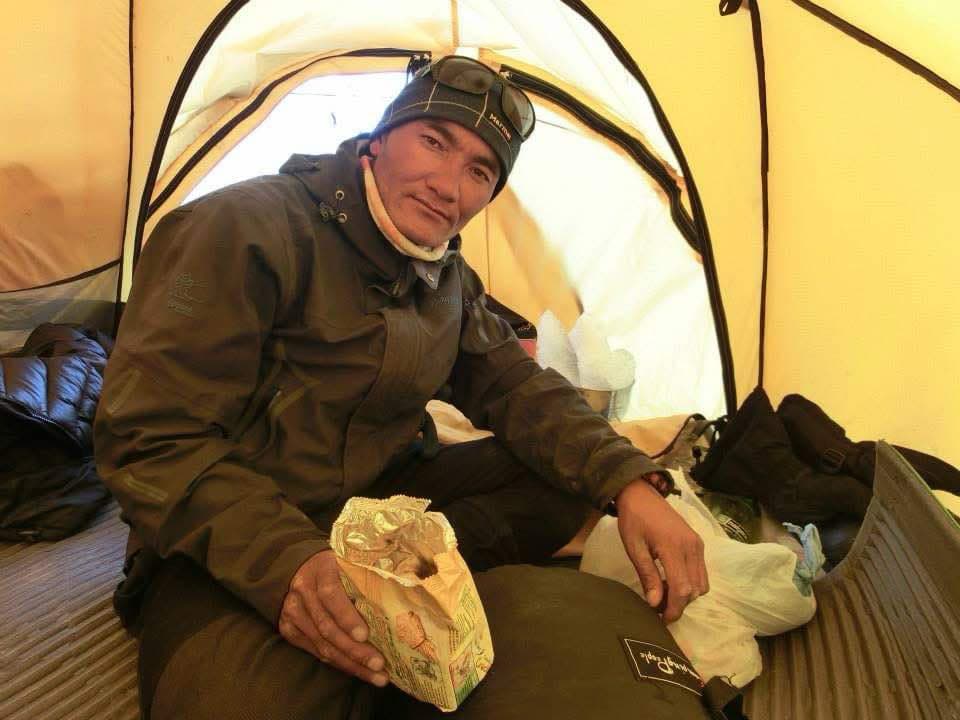
A New Life in Ann Arbor
“I came to America that same year to climb Denali,” adds Tasi.
Mount Denali, located in Alaska’s Denali National Park and Preserve, is the highest peak in North America, standing at 20,310 feet (6,190 meters) above sea level. Known for its extreme weather conditions, Denali is considered one of the most challenging mountains to climb, even for experienced mountaineers. Its massive vertical rise from base to summit—over 18,000 feet—makes it one of the largest land-based elevation gains in the world.
With his family and friends urging him to seek a safer future, Tasi applied for an Extraordinary Ability Visa, granted to elite athletes and climbers. It allowed him to stay, and eventually, he secured his green card.
Adjusting to life in America wasn’t difficult, he said. He first worked in a Korean restaurant in Rochester before moving to Ann Arbor in 2018. He took a job at Base Camp Himalayan Restaurant, where he now cooks traditional Nepali and Indian dishes.
“It is the same food we eat in Nepal and I cooked on some expeditions,” he says.
Finding Peace Away from the Peaks
Tasi describes life in the U.S. as peaceful. “People are friendly, honest,” he said. “Not always, but mostly.” He misses Nepal but enjoys the quiet stability of his life in Ann Arbor, where he lives with his family.
Tasi’s interpreter explained with a slight smile that Tasi might find Ann Arbor such a peaceful and friendly place because he spends most of his time with the local Sherpa community.
Even though he’s no longer guiding climbers up Everest, he still carries the spirit and strength of the mountains with him. Whether he’s cooking at Base Camp Restaurant or sharing stories with customers, he remains, at heart, a Sherpa.
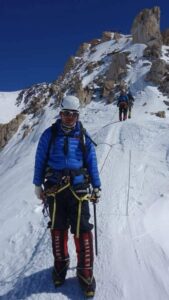
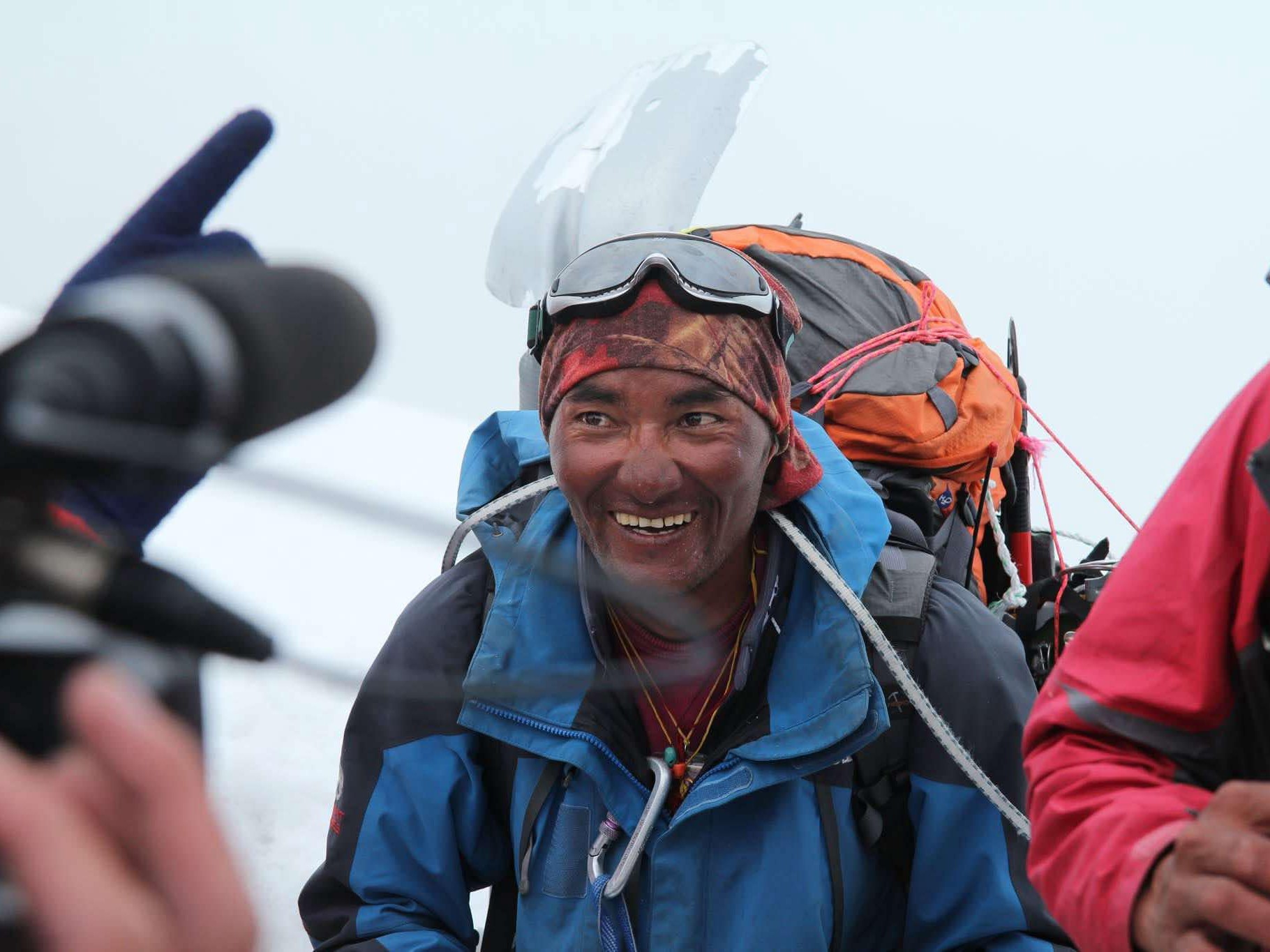




 8123 Main St Suite 200 Dexter, MI 48130
8123 Main St Suite 200 Dexter, MI 48130


